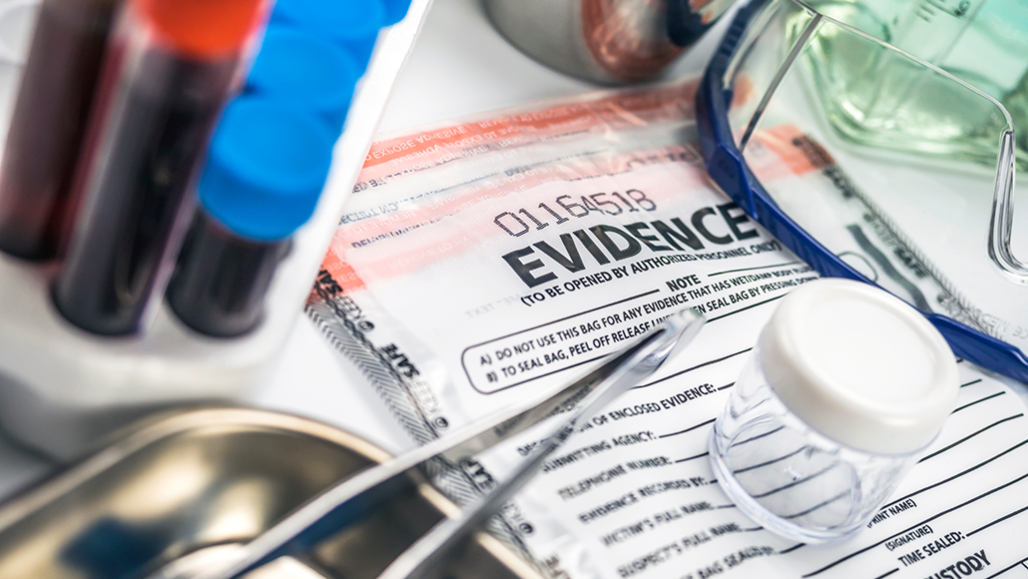
Forensic science is a critical element of the criminal justice system. Forensic scientists examine and analyze evidence from crime scenes and elsewhere to develop objective findings that can assist in the investigation and prosecution of perpetrators of crime or absolve an innocent person from suspicion.
U.S. Department of Justice. (2020). Forensic Science. U.S. Department of Justice. https://tinyurl.com/y4q6yjhr
Crime scene response, evidence collection, scene and evidence photography, colleges and training, employment and more
Provided by Science & Engineering Librarian Cynthia Holt of the Gelman Library at George Washington University, Washington, D.C., this webliography is written for librarians who serve a scientific or technical clientele, and any person interested in learning more about forensic science information services. The scope of this webliography is to point people to some of the best resources on the web for forensic science research and information. This is by no means comprehensive, and is focused on web sites based in the United States.
This is the Forensics Wiki, a Creative Commons-licensed wiki devoted to information about digital forensics (also known as computer forensics).
The Innocence Project was founded in 1992 by Barry C. Scheck and Peter J. Neufeld at the Benjamin N. Cardozo School of Law at Yeshiva University to assist prisoners who could be proven innocent through DNA testing. To date, more than 300 people in the United States have been exonerated by DNA testing, including 18 who served time on death row. These people served an average of 13 years in prison before exoneration and release.
The National Center for Forensic Science (NCFS) is a research center at the University of Central Florida with a 15 year history of research and partnership with the forensic science community.
The NCSTL assembles the scientific, technological and relevant legal resources into a "one stop" searchable database.
NCJRS provides links to facts & figures, legislation, publications, programs, training and technical assistance, grants and funding, and related resources.
The NFSTC provides training, assessment, research, and technology assistance to the justice and forensic communities. Information on programs, DNA/GPA program, DNA training, forensic training, and forensic technology is provided.
The NLECTC plays a critical role in enabling the Office of Science and Technology to carry out its critical mission to assist state, local, tribal, and federal law enforcement, corrections, and other criminal justice agencies in addressing their technology needs and challenges. Has links to JUSTNET news, publications, TechBeat, and AskNLECTC.
In Reddy's own words: "My name is Reddy P. Chamakura. I am a retired forensic scientist with Police Laboratory, New York City Police Department. I took retirement after spending 36 years in forensic field. Education: B.S. and M.S. in chemistry, degree in law, diploma in criminal law (from India) and 2 years of graduate work in Forensic Science at John Jay College of Criminal Justice, New York. Speciality Areas Worked: forensic chemistry/narcotics, research and training, questioned documents, and ballistics."
From the National Library of Medicine a complementary web site to its exhibition visible proofs, the history of forensic medicine. Site includes information about the exhibition, galleries, education, and resources.
